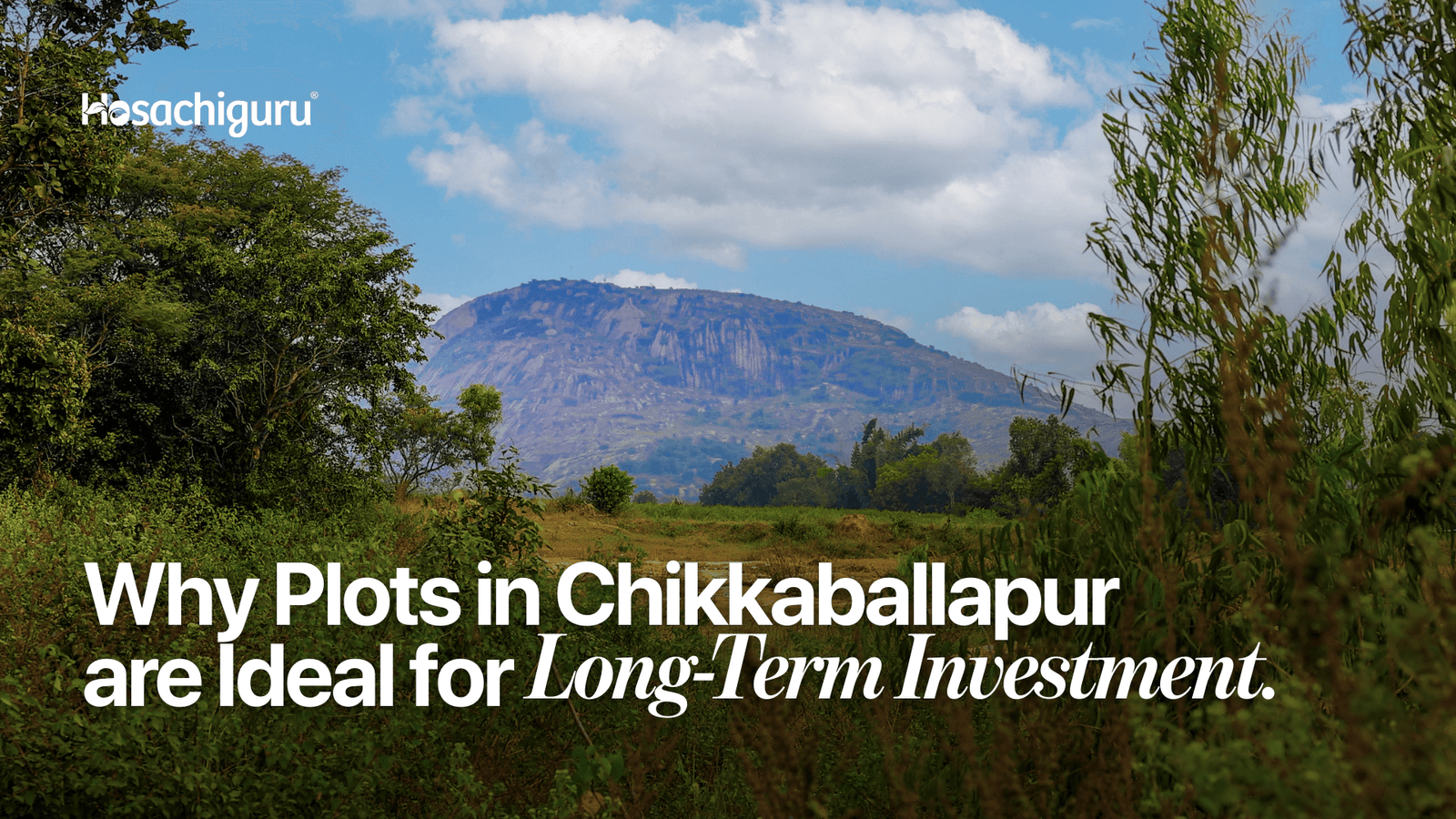Owning farm land or agricultural land is an appealing prospect for individuals interested in agrarian ventures or rural living. However, it is important to understand the legal considerations and regulations surrounding farm land ownership as it vary from state to state, country to country. Investing in clear titles with no disputes is imperative to all. Also, it is important to look at the family tree of the land you are going to purchase to keep any disputes at bay.
At Hosachiguru, we have managed farm lands near Bangalore offering 100% clear legal title and hassle-free ownership. With all due diligence done by our in-house legal team, a greener future is awaiting all those who are looking at investing in managed farmlands.
Land Acquisition Laws and Procedures:
When buying farmland, it is essential to comply with the land acquisition laws and procedures specific to the state and country where the land is located. These laws detail the qualifications, necessary documentation, and registration processes. Prospective buyers of agricultural land should familiarize themselves with these regulations to ensure a lawful and seamless transfer of ownership. At Hosachiguru, we specialize in managing farmlands in Karnataka, Andhra Pradesh, and Tamil Nadu. Our dedicated legal team assists all investors and co-farmers in navigating the process smoothly, ensuring a hassle-free experience across different states.
Zoning and Land Use Restrictions:
Farm land is subject to zoning and land use regulations imposed by local authorities. These regulations determine how the land can be utilized and the types of activities permitted. It is important to understand the specific zoning designations for agricultural use and comply with any restrictions or guidelines imposed by the authorities.
Environmental Regulations:
Farm land ownership is often accompanied by environmental regulations to protect natural resources and ecosystems. These regulations may include restrictions on the use of fertilizers, pesticides, or water resources to prevent pollution and maintain ecological balance. Familiarize yourself with these regulations to ensure compliance and sustainable land management practices. At Hosachiguru-managed farmlands, we use regenerative farming and sustainable practices to create agro forests along with food forests. This type of approach creates biodiversity and simulates a forest ecosystem.
Farming Practices and Animal Welfare:
Farm land ownership involves adhering to specific farming practices and animal welfare standards. These regulations may cover areas such as livestock management, animal housing conditions, and humane treatment practices. Buyers should understand the legal requirements to ensure ethical and responsible farming practices on their land. Hosachiguru’s Managed farm lands near Bangalore have a riparian and wild zones, which are dedicated to creating a balance in the forest ecosystem. Based on the permaculture ethics- fair share, all managed farmlands by Hosachiguru follow this and fundamentally look into clean farming practices along with animal welfare. Desi Gau shalas and petting centers are also a part of these farmlands which enrich the experience of the co-farmers
Taxation and Financial Obligations:
Owning farm land comes with tax and financial obligations. Tax laws differ depending on the jurisdiction and may include property taxes, income taxes on some agricultural activities, and potential exemptions or deductions. It is essential to consult with tax professionals to understand the specific tax obligations and financial implications associated with farm land ownership.
Water Rights and Irrigation:
Access to water resources is crucial for successful farming. Some regions have specific regulations governing water rights and irrigation practices. Understanding the legal aspects related to water usage, water rights, and irrigation permits is essential to ensure compliance and sustainable water management on your farm land.
Farm Subsidies and Government Programs:
Governments often offer farm subsidies and support programs to encourage agricultural development and sustainable farming practices. Familiarize yourself with these programs to take advantage of any available incentives, grants, or subsidies that can support your farming operations and help navigate any legal requirements associated with these programs.
Conclusion
When considering farm land ownership, it is essential to navigate the legal considerations and regulations associated with the agricultural property. Understanding land acquisition laws, zoning regulations, environmental requirements, farming practices, tax obligations, water rights, and government programs ensures compliance and sustainable land management. By being aware of these legal aspects, individuals can make informed decisions, operate within the legal framework, and maximize the benefits of owning farm land.
Especially before purchasing farm land near bangalore, consult with legal professionals, research local regulations, and engage with relevant authorities to ensure compliance with all legal requirements. By staying informed and proactive, you can navigate the legal landscape of farm land ownership and embark on a successful agricultural journey.

 07 Jun 2019
07 Jun 2019  4 Min
4 Min


